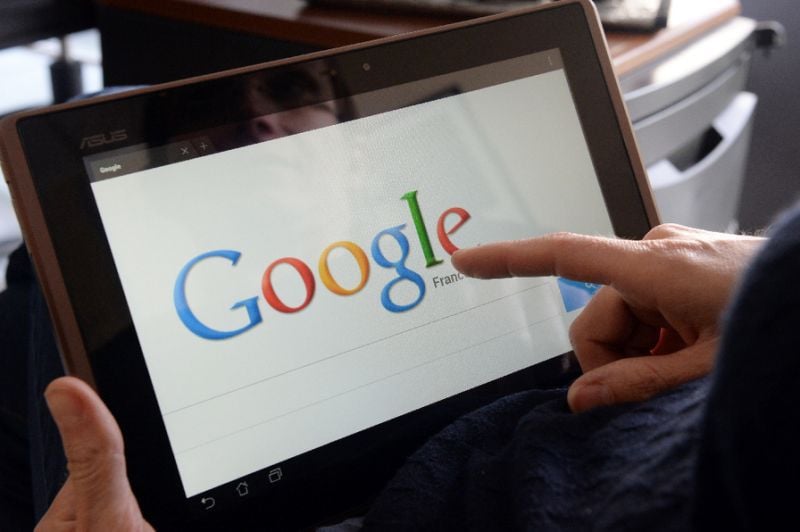
Japanese media said it was the first decision by the nation's top court involving the "right to be forgotten" relating to internet searches.
"The deletion (of references to the charge) can be allowed only when the value of privacy protection clearly outweighs that of information disclosure," the court said in a statement posted on its website.
This website lets you delete yourself from the internet
Tuesday's decision came after the Saitama District Court, north of Tokyo, in December 2015 upheld a temporary injunction against Google ordering it to delete search results about a man convicted on charges related to child prostitution and pornography.
The Tokyo High Court last July had overturned the lower court decision, saying there was no such legally protected right.
While the top court set strict conditions for allowing the deletion of certain references, it did not mention the "right to be forgotten" recognised in 2016 in overhauled EU rules on internet data protection.
What’s better? Schools or internet
The Supreme Court said conditions for deleting search engine results include factors such as the degree of damage caused to privacy, how broadly specific searches can be carried out and the social standing of individuals in question.
Tomohiro Kanda, the man's lawyer, called the decision "disappointing", saying that ensuring a crime is remembered differs from having the name of a person associated with it "passed on for many years".
The Japanese office of Google welcomed the ruling.
"We're pleased that with these latest rulings, the Supreme Court has unanimously recognised... that any decision to delete information from search results should prioritise the public's right to information," it said in a statement.
1731916090-0/sabrina-(3)1731916090-0-405x300.webp)


1732020599-0/BeFunky-collage-(73)1732020599-0-165x106.webp)
1731926127-0/zayn-(1)1731926127-0-165x106.webp)



1731838555-0/BeFunk_§_]__-(5)1731838555-0.jpg)








COMMENTS
Comments are moderated and generally will be posted if they are on-topic and not abusive.
For more information, please see our Comments FAQ